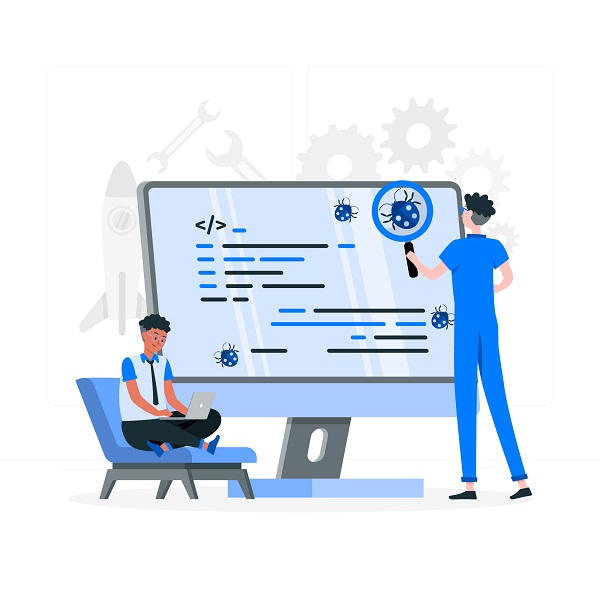Software testing plays a crucial role in the software development lifecycle (SDLC), ensuring that applications function correctly, meet user expectations, and are free from critical bugs. A software tester is responsible for identifying defects, improving software quality, and ensuring that the final product is reliable and secure.
Understanding the Software Development Lifecycle (SDLC)
SDLC is a structured approach to software development that includes various stages such as planning, design, coding, testing, deployment, and maintenance. Testing is an integral part of SDLC that helps detect and resolve issues early in the process, reducing costs and improving efficiency.
Key Responsibilities of a Software Tester
- Requirement Analysis: Understanding the project requirements to design effective test cases.
- Test Planning: Preparing a test strategy that outlines the scope, objectives, and tools for testing.
- Test Case Development: Creating detailed test cases to validate software functionality and performance.
- Execution of Tests: Running test cases to identify bugs and inconsistencies.
- Bug Reporting: Documenting defects and collaborating with developers for resolution.
- Regression Testing: Ensuring that bug fixes do not introduce new issues.
- Performance and Security Testing: Verifying that the software can handle load, stress, and security threats.
Types of Software Testing
- Manual Testing: Testing the application manually to identify defects.
- Automation Testing: Using tools like Selenium, JUnit, and TestNG to execute automated test cases.
- Functional Testing: Ensuring that the application meets business requirements.
- Performance Testing: Evaluating software behavior under varying loads.
- Security Testing: Identifying vulnerabilities to safeguard against cyber threats.
- User Acceptance Testing (UAT): Verifying the software from an end-user perspective before deployment.
Why Software Testing is Important
- Ensures Quality: Helps in delivering a high-quality product that meets customer expectations.
- Cost-Effective: Early defect detection reduces development costs.
- Improves Security: Identifies security flaws before the software goes live.
- Enhances User Experience: Ensures smooth and error-free functionality for end-users.
Build Your Career in Software Testing with Floating Minds Infotech
If you are looking to build a successful career in software testing, Floating Minds Infotech offers the best software testing course designed to equip you with industry-relevant skills. As the best software training institute in Hadapsar, we provide hands-on training, real-time projects, and expert mentorship to help you master manual and automation testing. Join us today and take the first step towards a rewarding career in the IT industry!





